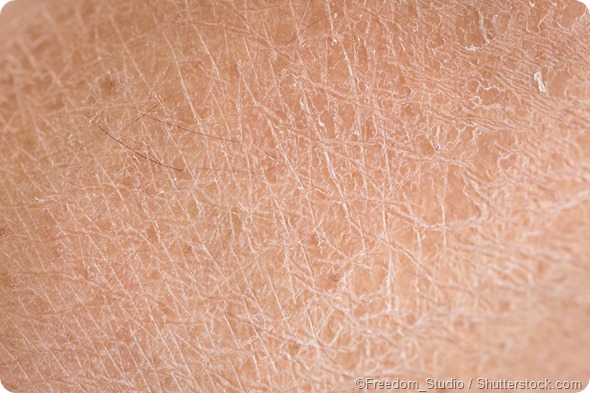Launching 1st March 2023. Also check out: https://www.thailandmedical.news/
Dry skin (xerosis) results from loss of water or oil, which can occur in a number of different ways.

There are many possible causes of dry skin and it can affect any individual. Despite this, some people are more likely to experience it due to certain risk factors. These include:
Each of these risk factors is discussed in more detail below.
As people get older, the skin naturally becomes thinner and loses moisture to the surrounding environment more easily. This is a normal change that occurs in the intrinsic aging process and includes several changes to the skin, including:
As a result, many people over the age of forty years require the regular use of a moisturizer to prevent dry skin.
The weather of the surrounding environment is an important factor for causing dry skin. For example, people who live in regions with a dry climate, such as the desert, are more likely to be affected by dry skin as the environment draws more moisture from the skin.
Additionally, the moisture of the skin tends to reduce in winter due to the dropping temperatures and humidity levels. This may also be linked to the increased use of heating, stoves and fireplaces in winter, which can all contribute to drying of the skin.
Prolonged exposure to the sun or extreme winds can also cause evaporation of moisture from the skin and may lead to dry skin.
People who have a history of other skin conditions, such as atopic dermatitis or psoriasis, are more likely to be affected by dry skin in the future. This is due to incurred changes in the structure of the skin, which allow the passage of moisture out of the skin more easily, resulting in an increased likelihood of dry skin.
People who work in certain environments are more likely to have dry skin. For example, nurses, plumbers and hairdressers tend to immerse their skin in water frequently throughout their workday, which can lead to drier skin. In severe cases, this can cause the skin to become raw and crack.
There are other factors related to lifestyle that can also increase the likelihood that an individual will be affected by dry skin. For example, the high levels of chlorine in some swimming pools can dry the skin of people who swim frequently. Additionally, taking long or hot showers can also contribute to drying of the skin, as well as the use of some soaps, detergents and shampoos.
Certain diets, such as some fat-free diets can lead to a deficiency in essential fatty acids (EFAs), which are important for maintaining moisture in the skin. Similarly, excessive intake of alcohol or large doses of some medications may also increase the risk of dry skin.